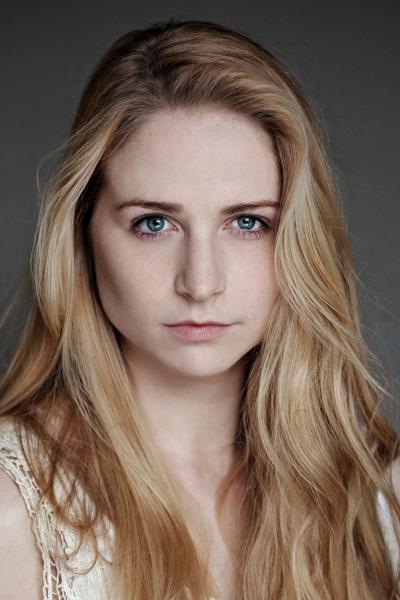A film censor (Niamh Algar) links a disturbing horror movie created by a reclusive director to her sister's mysterious disappearance. As she goes deeper into the horror movies she rates and censors, her already tenuous grip on reality begins to slip...
Despite the trailer and the initial vibe of 'Censor', it hews much closer to a thoughtful psychological thriller rather than the depraved world of video nasties or their casual misogyny and violence.
In 'Censor', the world that surrounds Niamh Algar's title character is pushed back and walled off, though it desperately tries to clamber its way into the house and wreak havoc. Right down to her costume, Algar's character has walls up around her and you can see her straining against it all.
Though it's set in the world of '80s video nasties, 'Censor' could just as easily be transported into today's world. You could replace a video censor with a content moderator for a social network, yet the critiques about society would still be completely relevant. When you come down to it, 'Censor' is an intense study of a woman who has lied to herself in order to protect herself, rather than facing it and the consequences that comes with this. This is reflected in the setting of '80s England, straining to keep back the horrors of Conservative social policy that it created itself. As one character remarks in the movie's dying moments, "the horror is already out there." Even as Margaret Thathcer is looking up at it, England is still a grim wasteland that is hiding itself from itself like Algar's character.
First-time writer / director Prano Bailey-Bond has a clear command of tension and mood, and ably recreates the gleeful gore of video nasties as well as building a grim reality around it. But more than that, her script elevates it and brings it into a larger character study. Niamh Algar gives a mesmerising performance as Enid, and the movie really does rest on her shoulders because it's told entirely through her.
Algar never oversells it, yet we can feel this horror build up underneath her skin as she struggles against it, and the slow build of Bailey-Bond's direction means that it becomes unbearable. Over the course of the two hours, 'Censor' unravels itself to a final act that is likely to polarise audiences. Certainly, it lands on some obvious places, but it's how Bailey-Bond stages it all that makes it compelling even in spite of this. Indeed, 'Censor' aims to disturb and leave a more lasting impression than the obvious gore and guts it's surrounded by.
















































































